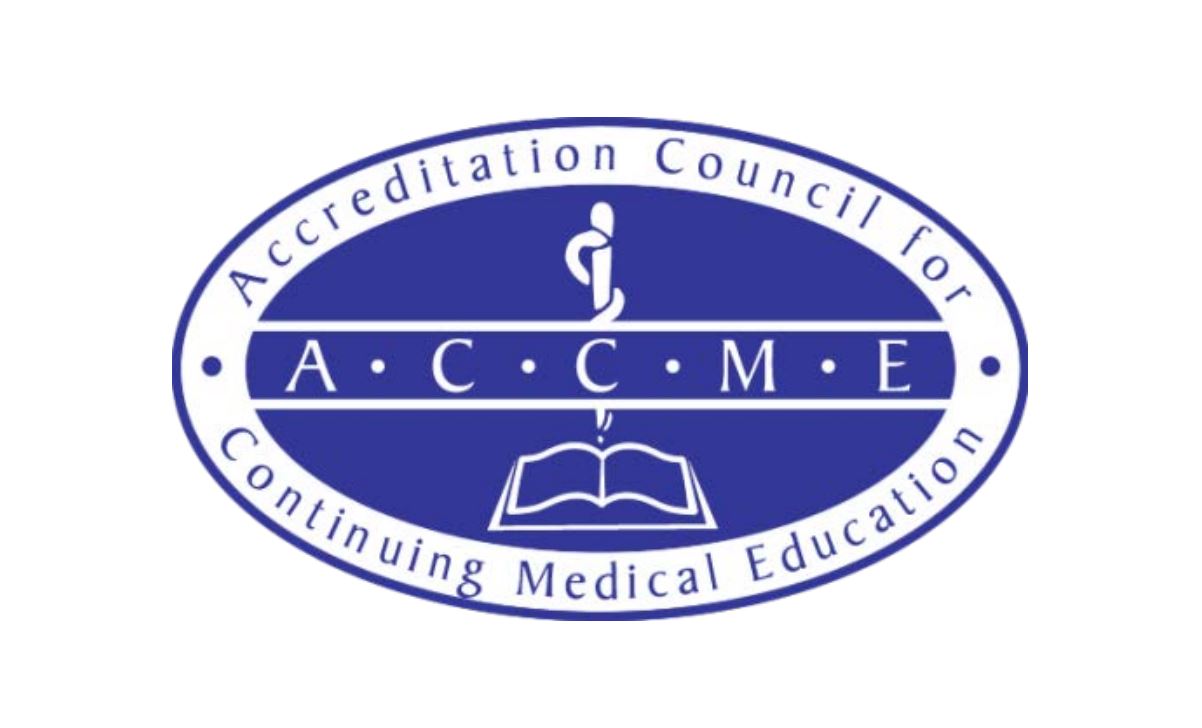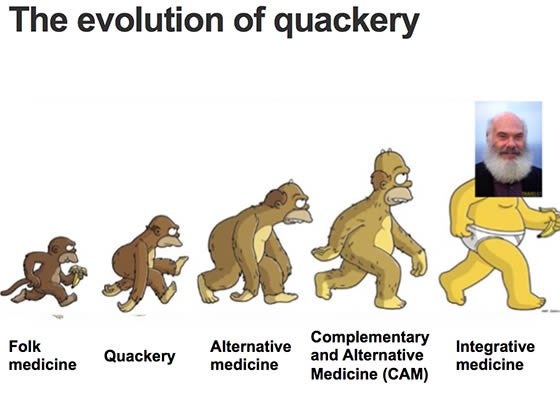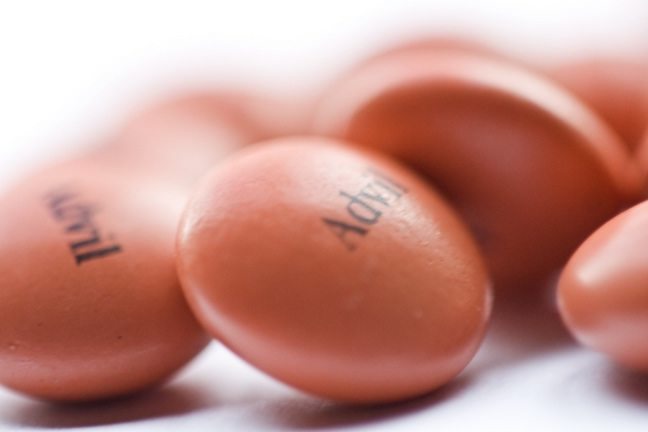Results for: placebo

Learning quackery for Continuing Medical Education credit
The Integrative Addiction Conference 2015 (“A New Era in Natural Treatment”) starts tomorrow in Myrtle Beach, SC. Medical doctors, doctors of osteopathy, naturopaths and other health care providers will hear lectures on such subjects as “IV Therapies and Addiction Solutions,” given by Kenneth Proefrock, a naturopath whose Arizona Stem Cell Center specializes in autologous stem cell transplants derived from adipose tissue. Proefrock,...
New Study on Homeopathic Cough Syrup for Children Reveals a Lack of Effectiveness and Ethics
On the pages of SBM we frequently discuss homeopathy, and rightfully so considering its position as one of the most pervasive yet dumbest forms of alternative medicine. Just yesterday our own Scott Gavura, who is neither pervasive nor dumb, wrote an excellent review of some recent improvements in the regulation of these ridiculous remedies in Canada, and I encourage readers to check...
A homeopathic win for consumers
Do you believe in magic? It might surprise you to learn that some people believe sugar pills have healing properties. This belief system, called homeopathy, is a multi-billion dollar industry worldwide, and it’s growing. While there is no convincing evidence to demonstrate that homeopathic treatments are more effective than a placebo, many consumers and even some health professionals accept homeopathy as a...

We Should Abandon the Concept of “Alternative Medicine”
In a recent editorial for the New York Times, Aaron E. Carroll argues, “Labels Like ‘Alternative Medicine’ Don’t Matter. The Science Does.” I agree with this headline thesis, but the details of his argument ironically show the harm that the so-called CAM (complementary and alternative medicine) movement has done. Carroll starts out well, essentially pointing out that the division between “conventional” and...
The 21st Century Cures Act: The (Somewhat) Good, The (Mostly) Bad, and The (Very) Ugly
The approval of new drugs and medical devices is a process fraught with scientific, political, and ethical landmines. Inherent in any such process is an unavoidable conflict between rigorous science and safety on the one side, which tend to slow the process down by requiring large randomized clinical trials that can take years, versus forces that demand faster approval. For example, patients...

Do You Believe in Magic? Oregon Does. Chiropractic and Acupuncture for Pain.
Do You Believe in Magic? Do you believe in magic for a back pains fix How the needles can free her, where ever it pricks And it’s magic, if the chi is groovy It makes you feel happy like an old-time movie I’ll tell you about the magic, and it’ll free your soul But it’s like trying to tell a CAM ’bout...

Society for Science-Based Medicine: Comment to FDA on homeopathic drug regulation
The Society for Science-Based Medicine has commented on the FDA's reconsideration of how to regulate homeopathic products.
Is Homeopathy Unethical?
“A gentle ethical defence of homeopathy” by Levy et al. was recently published in an ethics journal. A full-text preprint is available online. They say: Utilitarian critiques of homeopathy that are founded on unsophisticated notions of evidence, that adopt narrow perspectives on healthcare assessment, and that overstate the personal, social and ontological harms of homeopathy, add little to our understanding of the...

The evolving story of the harms of anti-inflammatory drugs
Owing to summer vacation, today’s post updates a 2011 post and a 2013 post with some new information. Anti-inflammatory drugs are among the most well-loved products in the modern medicine cabinet. They can provide good pain control, reduce inflammation, and eliminate fever. We give non-steroidal anti-inflammatory drugs (NSAIDs) in infancy, continuing through childhood and then adulthood for the aches and pains of...


